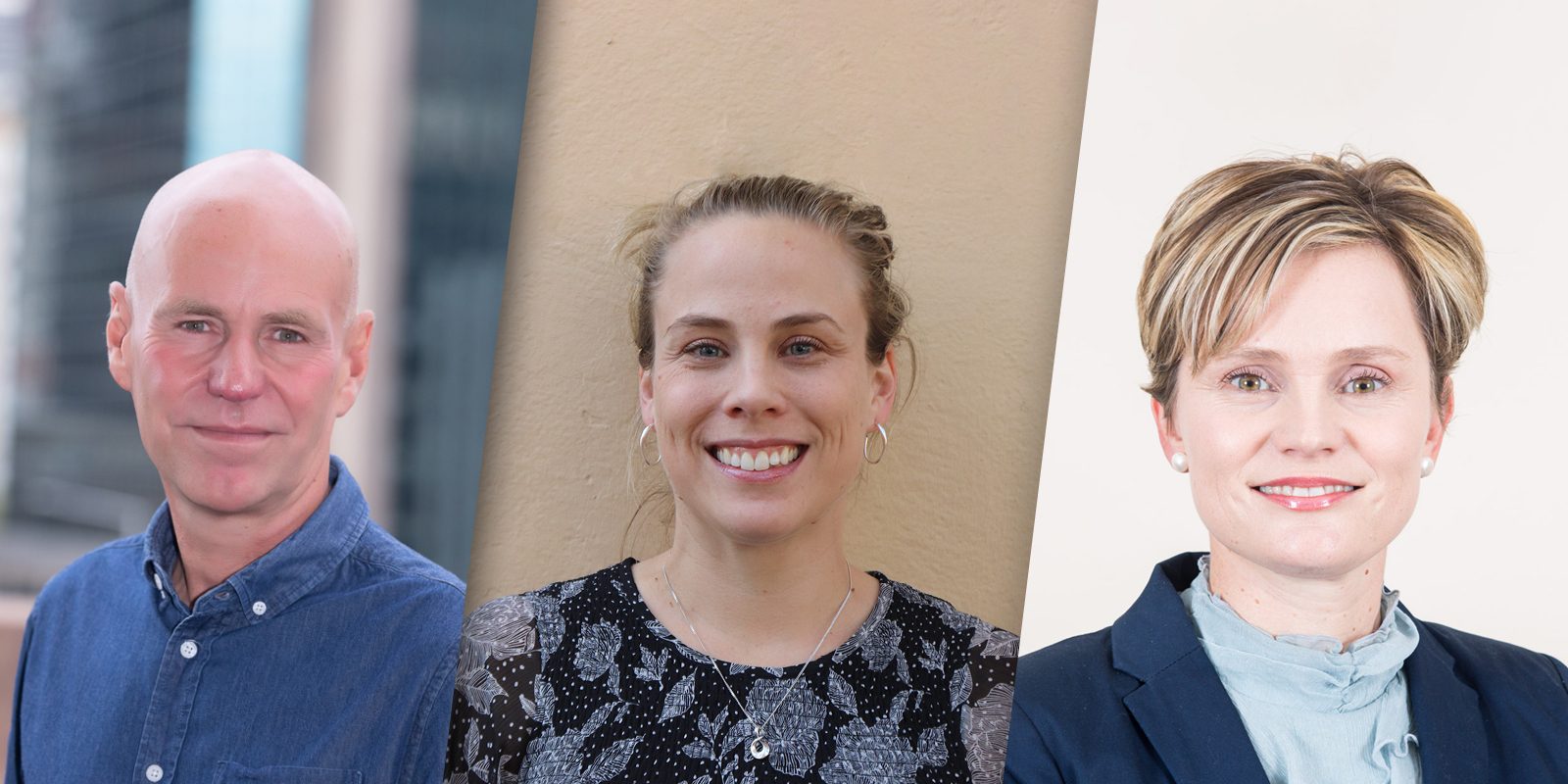
The George Institute announces new research to address pressing health concerns
The George Institute for Global Health has today confirmed key research projects will go ahead as part of its plan to support the national research effort to fight COVID-19.
‘Count Me In’: a national research register of one million Australians involved in COVID-19 research
The COVID-19 pandemic requires a massive, co-ordinated and immediate research response. Central to the success of the research effort will be the ability to rapidly engage the broader Australian community. Dr Clare Arnott, together with UNSW’s Professor Louisa Jorm, will lead a team to establish a novel research register, ‘Count Me In’, designed to transform the engagement of the Australian community in research. The team, including The Institute’s Professor Anthony Rogers and Helen Monaghan, will work with Professor Jorm to establish and operate a secure technical platform to host and interrogate routinely collected health data for use by COVID-19 researchers.
Continuing versus discontinuing renin angiotensin system blockade on the risk of SARS-CoV-2 infection in patients with uncomplicated hypertension
The Count Me In register will assist in the recruitment of over 5,500 participants for a study - led by Professor Alta Schutte and supported by The Institute’s Professors Anthony Rogers, David Peiris and Bruce Neal - to identify whether angiotensin converting enzyme inhibitor or angiotensin receptor blocker (ACEi/ARB) therapy should be continued or discontinued in patients with hypertension that become infected with COVID-19. There is a much-debated possibility that these commonly used hypertension therapies may modify the risk of COVID-19 infection in patients with hypertension and may also change the severity of disease in those affected. The results of this trial will be applicable to the hundreds of millions of people using ACEi/ARB therapy worldwide, with immediate implications for care and are anticipated to result in clinical guideline updates all around the world.
Whilst the Institute has been mobilising its talented researchers and other skilled staff to contribute to the collective COVID-19 response effort, it has also announced two key studies that will improve the lives of hundreds of Australians with heart failure and diabetes.
Investigating novel therapies for heart failure with preserved ejection fraction
Dr Clare Arnott will lead a study to investigate potential treatments for patients with heart failure related to a ‘stiff heart’, known as heart failure with preserved ejection fraction. There are currently no established treatment options for these patients, who often have a poor quality of life, shortness of breath and require repeat admissions to hospital. This study will look at whether sodium glucose co-transporter (SGLT2) inhibitors and glucagon like peptide 1 receptor agonists (GLP1-RA) will help these patients feel better, lose weight and need fewer hospitalisations.
Broadening the use of sodium glucose 2 transporter (SGLT2) inhibitors amongst patients with diabetes
Other work looking at SGLT2 inhibitors, led by Executive Director Professor Bruce Neal, builds on The Institute’s wealth of experience in this therapy area. SGLT2 inhibitors are a highly effective treatment for diabetes. Large trials show that these drugs reduce the risk of death, heart attack, heart failure and kidney failure in high risk patients with diabetes, but these have been in individuals with long-term diabetes. Prof Neal’s work will examine whether earlier use of SGLT2s in diabetes will lead to even greater benefits.










